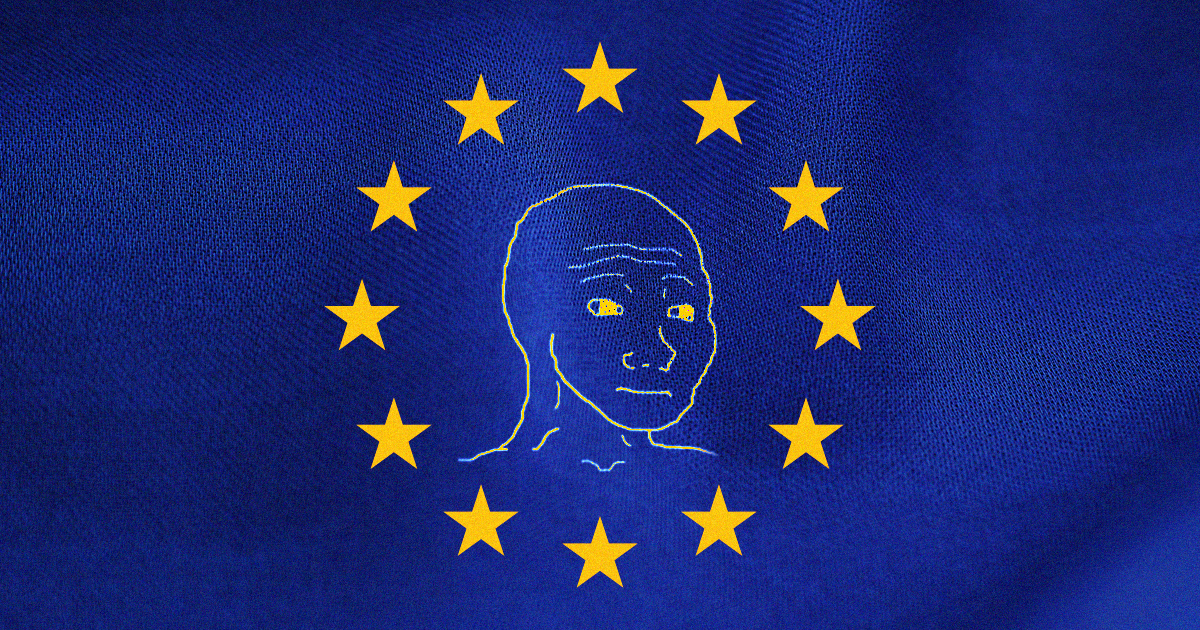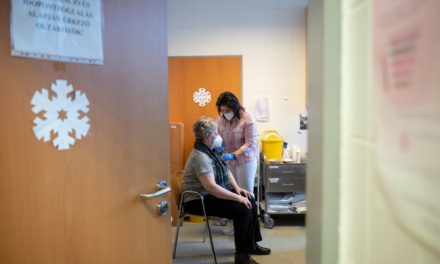The fact that, in addition to a net monthly salary of three million forints, every fourth bureaucrat also earns a hefty side income also raises questions of compatibility and ethics.
It is still worth it to be a member of the European Parliament, as EU legislators pocket approximately HUF 3 million per month after taxes. However, this is still nothing, according to a new analysis, every fourth MEP also has a side income. These second jobs, positions and interests in some cases bring serious money to politicians, but they can raise even more serious compatibility and ethical questions.
Transparency International EU (TIEU) published a detailed analysis of the asset declarations of Brussels politicians at the end of last year. The organization dealing with the detection of corruption came to the conclusion that
in addition to the representative fees, legislators could earn up to ten million forints from various side activities.
On the other hand, the Brussels-based NGO emphasized in the article that the real figure could be much higher than this, as representatives no longer need to declare income below EUR 5,000 (currently almost HUF 2 million) in their asset declaration this year - thanks to to the fact that
the European legislators created the regulations concerning the publication of their income data themselves.
According to the TIEU, the EU representatives collectively earned HUF 3.4 billion in addition to their representative fees.
This means that the annual income of an average member of parliament of HUF 36 million was supplemented by approximately HUF 4.8 million (on average). However, the picture is minimally shaded by the fact that most of the money actually landed with one super-rich Lithuanian politician, a certain Viktor Uspaskich.
Coronavirus and billions
The politician from the tiny Baltic state is considered the highest earning MEP. Last year, the liberal legislator took HUF 1.17 billion in dividends from the Edvervita property manager operating in Lithuania. Edvervita primarily deals with real estate market activities, but the company is also the main shareholder of a mineral water production company, whose product Uspaskich claimed to provide protection against the coronavirus – the politician is currently being prosecuted in Lithuania for the obviously false statement.
By the way, Uspaskich was also recently accused of financing a disinformation (deliberately spreading false news) portal, and last month an investigation was launched against him because he allegedly used fake assistants for years with EU money, according to the accusation, the sharing politician received up to 500,000 euros (roughly 195 million forints) could have shortchanged European taxpayers. They earn the most in addition to the representative's salary
The research shows that the politicians who take home the biggest money are those who are faction leaders of one of the big European party families or hold positions in public institutions of their country.
Here are the top ten of the list of European legislators with the largest side income - Politico's estimates:
• Viktor Uspaskich, an independent Lithuanian representative, formerly a member of Renew EU, took a 3 million euro dividend from his controversial real estate management company last year, which roughly corresponds to HUF 1.17 billion.
• French right-wing politician and entrepreneur Jérôme Rivière brings home 220,000 euros, i.e. 85,553,000 forints, in addition to his representative's salary.
• Last year, László Trócsányi, a member of the European Parliament of Fidesz, declared an annual side income of 171,000 euros, i.e. 66,837,000 forints at the current exchange rate.
• Manfred Weber, the German president of the European People's Party, earned 170,000 euros (converted to HUF 66,500,000), which comes almost entirely from the honorarium for leading the centre-right representative group.
• José Manuel García-Margallo y Marfil, the representative of the Spanish People's Party, pocketed 144,000 euros, i.e. 55,905,000 forints, from his public appearances last year.
• Daniel Buda, the Romanian representative of the European People's Party, in addition to the honorarium due to the president of the Romanian Chamber of Notaries, can also enjoy a respectable university professor's salary, last year he earned 138 thousand euros, i.e. about 54 million forints.
• Belgian liberal representative Guy Verhofstadt declared 132,000 euros, i.e. 51,260,000 forints, in addition to his salary for his elected position. By the way, he works as a consultant for a company dealing with green investments in addition to his political role, which, according to some, may be incompatible with his work as a legislator.
• Geoffroy Didier, the French representative of the European People's Party, practices as a lawyer in addition to his mandate, and earns 115,000 euros, i.e. 44,660,000 forints, a year with his legal activities. (We will write about the case of his return in more detail below.)
• Angelo Ciocca is a representative of the Identity and Democracy party in Brussels. The Italian politician has already had several corruption cases, for one of which he was sentenced to a suspended prison sentence in his home country in 2019. Last year, Ciocca became richer by 111 thousand euros, i.e. more than HUF 43 million. He profited so much from his real estate rental and corporate consulting company.
• Marek Belka is a Polish Social Democratic representative who is a member of the board of directors of an insurance company.
Of course, not all MEPs can boast such a high salary supplement, and it is also noticeable that there is not a single woman at the top.
To whom the money comes from problematic places
In some cases, members of parliament work side-by-side for market players who carry out lobbying activities, i.e. they try to use money and other means to influence the functioning of the institutions of the European Union.
The eighth-placed Geoffroy Didier, for example, works for a law firm (for an annual salary of nearly HUF 45 million) that represents biotechnology, chemical and tobacco companies in legal proceedings due to violations of European Union environmental protection and other regulations. The company's profile even includes the fact that they participate in the preparation of EU regulations, although not as a lobby organization, but as a legal consultancy.
An even more spicy case is that the former Social Democratic Prime Minister of Poland, Marek Belka, is a board member of the Polish wing of the Vienna Insurance Group (VIG). On the one hand, the insurance company is considered a lobby organization by the institutions of the European Union, and on the other hand, Belka is also a member of the Economic and Monetary Committee of the European Parliament - which, among other things, is also responsible for the supervision and management of the European Central Bank.
It fails to regulate the lobby
After the Qatargate scandal, the President of the European Parliament, Roberta Metsola, called for the introduction of a series of new rules aimed at requiring MEPs to provide more detailed information on all external income. In theory, the new laws make it easier to detect conflicts of interest.
On the other hand, the reforms also left loopholes, and existing conflict of interest mechanisms were also eliminated.
For example, the new rules no longer oblige Brussels lawmakers to report their side income of less than €5,000 a year. What is more alarming, however, is that the representatives repeatedly voted down the measures that would prohibit them from holding positions in organizations and companies that are registered in the EU's transparency database in connection with lobbying activities.
After so many scandals, only MEPs think that it is ethically acceptable to have second jobs in companies lobbying European institutions
Nicholas Aiossa, EU director of Transparency International, which prepared the research, told Politico.
This is what the Hungarian representatives are looking for
As the average income rises, the salaries of Hungarian politicians will also increase from March 1. This is because in 2018, the allowances of public dignitaries and politicians were adjusted to the average salary, which means that as the latter rises, the salary of those holding these positions automatically increases.
The Central Statistical Office (KSH) announced at the end of February that the average salary last year was HUF 589,000. Since the representatives receive three times the current average income, so they
from March 1, they earn HUF 1,762,000 per month.
This can be used as extra income if someone is still a member or chairman of a parliamentary committee.
Featured Image: Image by Engin Akyurt/Tag Hartman-Simkins













